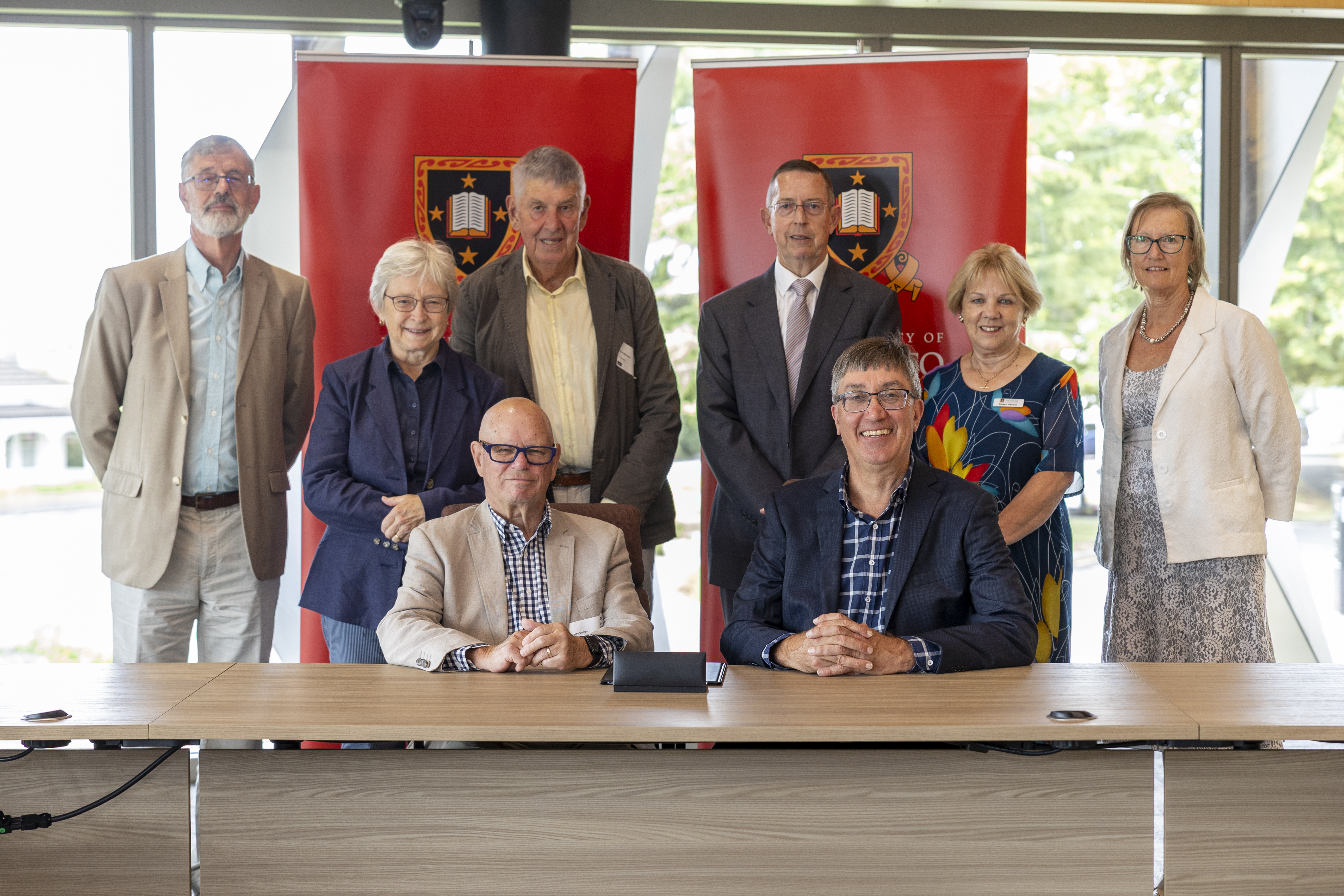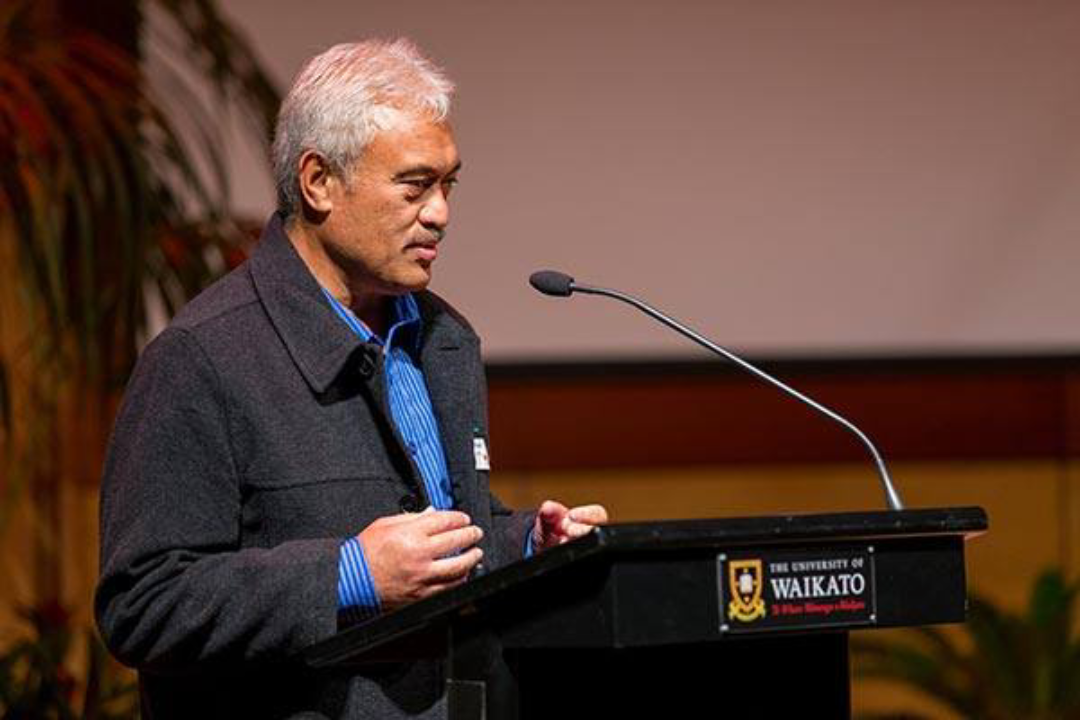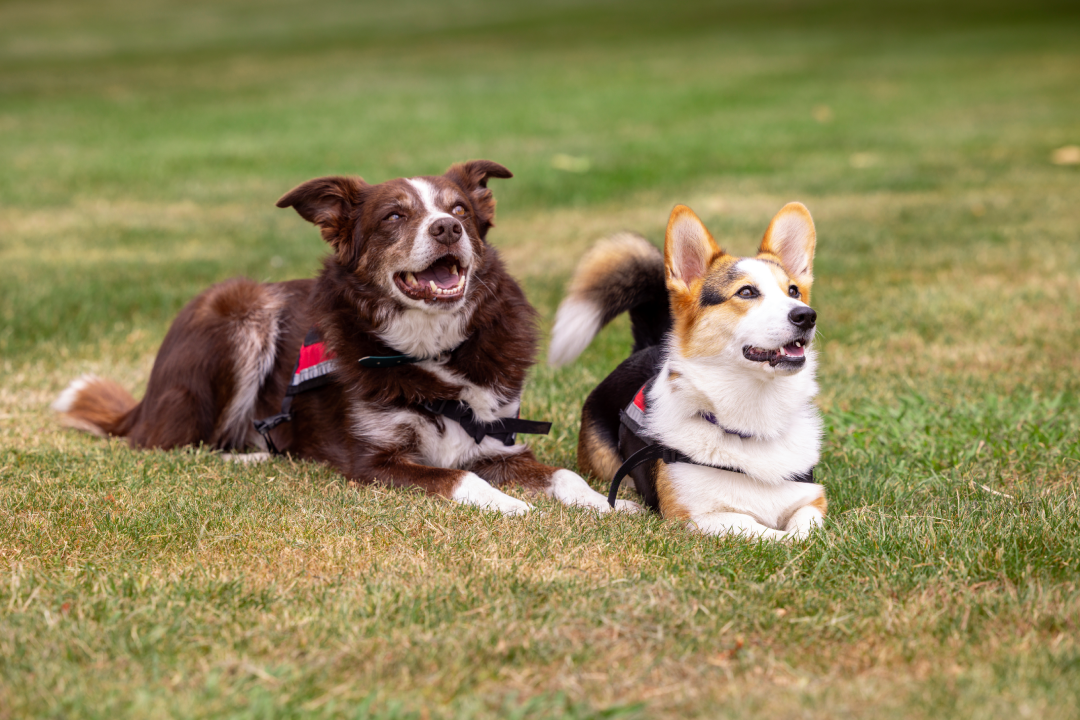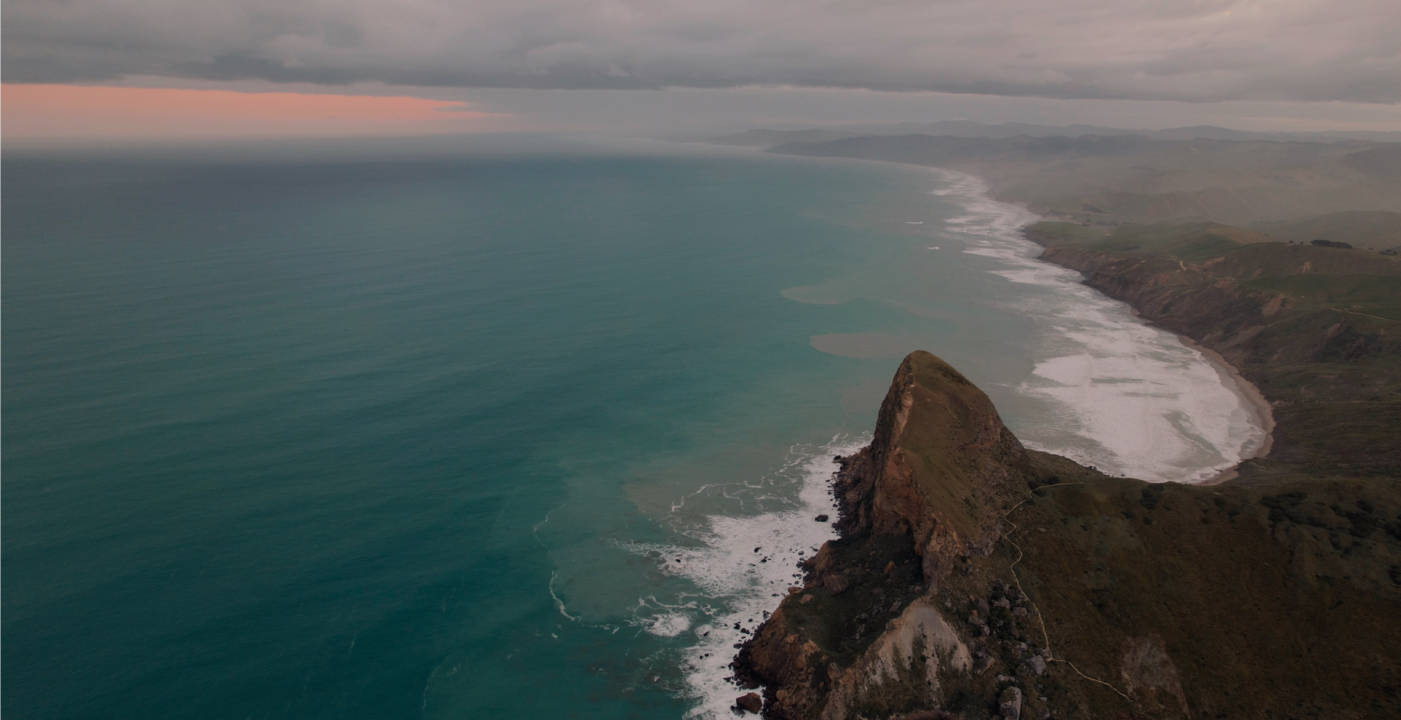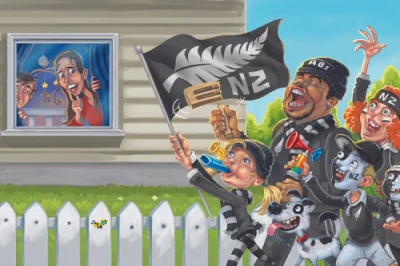
Images used in Dr Calude's research will be similar to this, produced by Scott Pearson and the team at Visual Evolution, who will be creating the bespoke images for Andreea's project.
The desire to understand children’s associations of certain words, their meanings and associations of speakers who use such words has led to a Marsden grant for University of Waikato data linguist, Dr Andreea Calude.
“We want to know when and to what extent children in mainstream schooling in Aotearoa New Zealand acquire prestige in relation to words - when do we begin to understand the social and cultural nuances of words we use every day, and in particular, words borrowed from Te Reo Māori.”
Dr Calude’s team, which includes Associate Investigators Professor Hēmi Whaanga (Ngāti Kahungunu, Ngāi Tahu, Ngāti Mamoe, Waitaha) from Massey University, Dr Eline Zenner from KU Leuven and Dr Laura Rosseel from Vrije Universiteit Brussel, plans to interview 350 primary school pupils during the project.
“From a certain age, children learn to attribute certain meanings to words. Not just their inherent meaning, like a kete is a type of basket, but they’ll also start to form associations with the people who use that word; who are they? Where do they come from? Are they a member of the local community or not? Are they trustworthy, friendly, funny, intelligent and so on?
“All of that social information that gets layered on top of meaning, that’s what we want to study. We want to know what children do with that, at what age that starts to develop and what they’re learning about Māori words used in New Zealand English.”
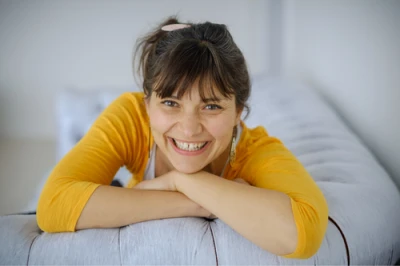
Dr Andreea Calude is excited to begin to understand the social and cultural nuances of words we use every day, and in particular, words borrowed from Te Reo Māori.
Doctor Calude credits her last Fast Start Marsden with bringing this project to life. She met Eline and Laura four years ago when they came to visit her in Kirikiroa on Eline’s sabbatical leave and also while they all attended a New Zealand conference in Auckland together. The pair had been working with Dutch children who were acquiring English as a second language.
“There is so much work to do in the first place around making sure the questions we ask are right, the way we ask them, where we ask them and how we phrase them - all of those things need to be addressed and so having this type of experience in the team is invaluable.”
Dr Calude says the project will not just deliver answers, and hopefully help to train a new group of budding researchers, but she also hopes it will provide tangible assets that educators, businesses and whānau will be able to use.
“By the end of the project we’re going to have a fit-for-purpose picture set that represents words children know and some that are in the process of being acquired. These images have been drawn by the team at Visual Evolution, a local New Zealand design company, and they will have been tested in the lab with adults and children. They will then be made freely available (open source) to any school, speech therapist, language therapists, businesses, visitors to the country – anyone who wants to use them.”
Dr Calude says she feels very privileged to be able to undertake the study and she can’t wait to get started.
“I am just so delighted. We have been extremely privileged to have had the support of two local primary schools already and we really want to give back to schools. We are really blessed to have local schools which have agreed to take part in this work and without them, this would not be possible.
“I am so thankful to the Royal Society for entrusting me with this fund too. There’s a lot to do and undoubtedly many hurdles to overcome but it’s going to be an amazing ride and such a generous opportunity. Learning from this young generation of children, at a time of such tremendous change in our variety of English is indeed very exciting!”
